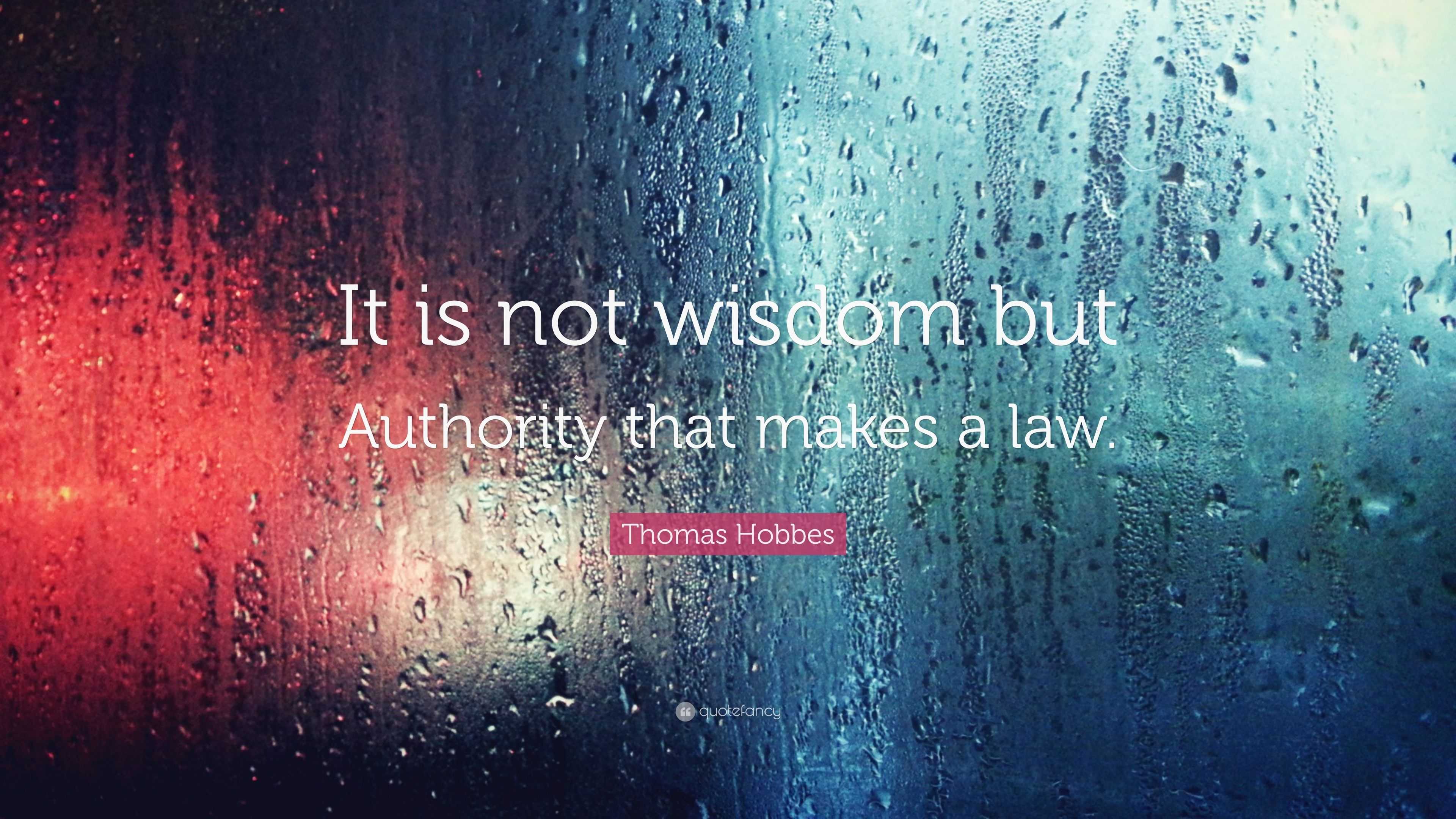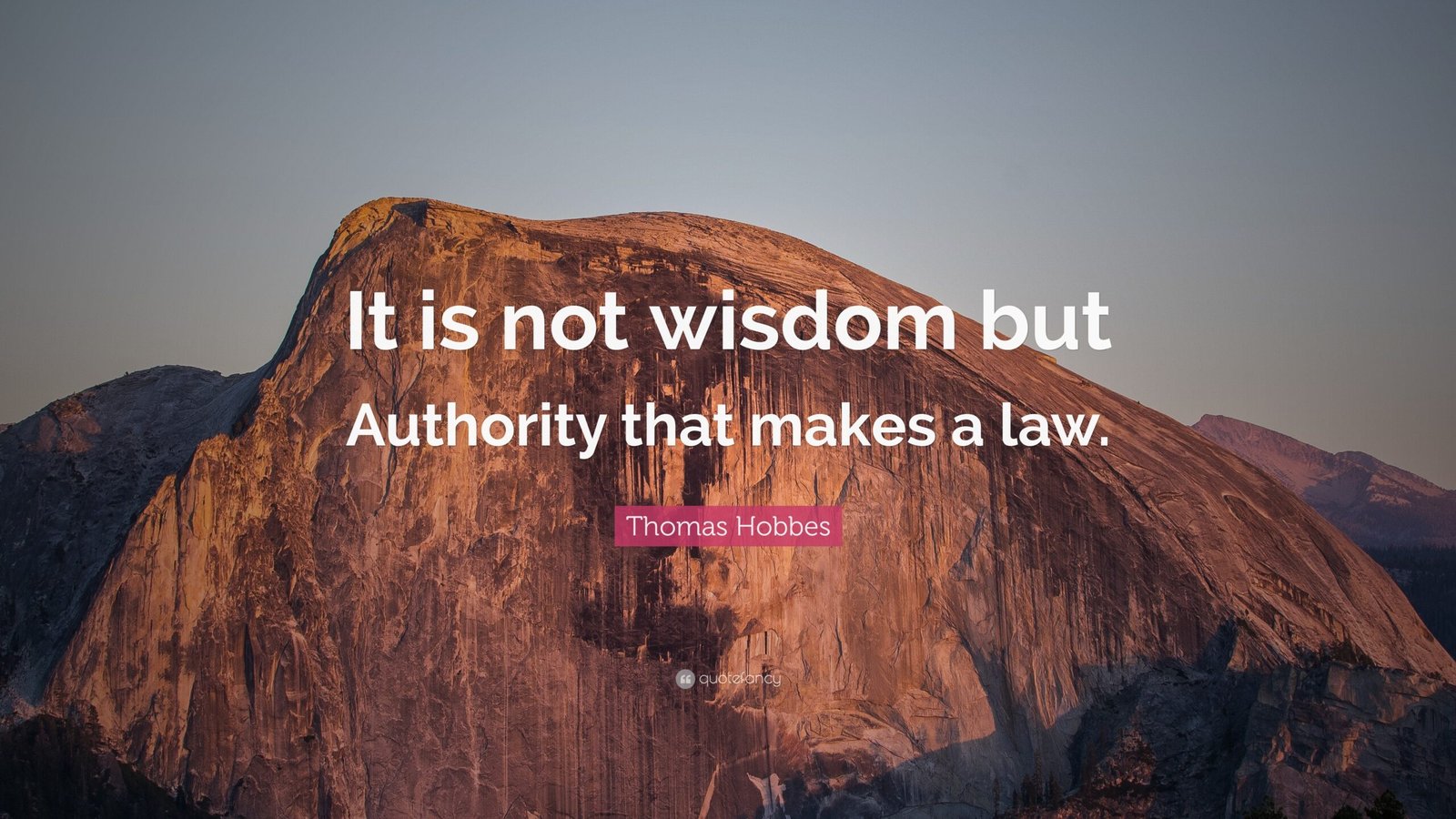Introduction to the is Not Wisdom but Authority
the is Not Wisdom but Authority that Makes a Law” – T. Tymoff’s In the complex tapestry of human societies, the creation and implementation of laws hold a pivotal role. T. Tymoff, a notable figure in legal philosophy, provocatively posits that it is not wisdom but authority that truly shapes the fabric of law.
This assertion challenges conventional notions that link the development of legal systems to the wisdom and prudence of those who craft them. In this article, we will delve into T. Tymoff’s perspective, examining the implications of prioritizing authority over wisdom in the formation of laws.
Table of Contents

The Intersection of Wisdom and Authority:
At first glance, the notion that authority, not wisdom, is the driving force behind laws may appear counterintuitive. Traditionally, legal systems are thought to arise from the collective wisdom of societies, reflecting their values, morals, and principles. However, T. Tymoff’s perspective calls for a deeper exploration of the intricate relationship between wisdom and authority.
must read= the is Not Wisdom
deep meaning of the is Not Wisdom but Authority
Wisdom, in this context, refers to the intellectual and moral qualities that inform decision-making. It encompasses an understanding of societal needs, a recognition of justice, and an awareness of ethical considerations. Authority, on the other hand, relates to the power vested in individuals or institutions to enforce rules and make decisions.
T. Tymoff argues that while wisdom may contribute to the theoretical underpinnings of laws, it is authority that gives them practical relevance. A law, according to this perspective, is not truly effective unless it is backed by the coercive power of authority.
the is Not Wisdom but Authority as the Driving Force:
Examining historical and contemporary legal systems, one can find instances where the authority has played a central role in shaping and implementing laws. Monarchies, dictatorships, and authoritarian regimes often exemplify this, where laws are not necessarily derived from a collective wisdom but are imposed through the authority’s decree.
However, the dangers of divorcing wisdom entirely from the legal process are evident. Unchecked authority can lead to arbitrary and unjust laws, undermining the very principles that laws are meant to uphold. Striking a balance between authority and wisdom becomes imperative to ensure that laws are not only enforceable but also just and morally sound.
The Role of the is Not Wisdom but Authority:
While T. Tymoff emphasizes the primacy of authority through Quote the is Not Wisdom but Authority, that is recognize the indispensable role of wisdom in the creation and evolution of legal systems. Wisdom provides the ethical compass that guides the formulation of just laws. It prompts a consideration of human rights, equality, and fairness, laying the foundation for a legal framework that stands the test of time.
Wisdom also contributes to the adaptability of legal systems, allowing them to evolve in response to societal changes and advancements. It enables the recognition of flaws in existing laws and facilitates the necessary amendments to address emerging challenges.
The Dynamic Interplay:
In reality, the relationship between wisdom and authority is dynamic and multifaceted. Wisdom informs the initial conceptualization of laws, shaping them to reflect the values and aspirations of a society. However, it is the authority that breathes life into these laws, rendering them enforceable and ensuring compliance.
Moreover, the interaction between wisdom and authority is not a one-time event. It is an ongoing process that requires constant reassessment and refinement. As societies evolve, so must their laws, and the interplay between wisdom and authority becomes a crucial mechanism for this adaptation.
The Imperative :the is Not Wisdom but Authority
T. Tymoff’s perspective, while challenging, underscores the importance of cultivating just authority. In a world where power imbalances are prevalent, ensuring that authority is wielded responsibly and ethically becomes paramount. Just authority requires an alignment with the wisdom that values justice, equality, and human rights.
FAQs: “Not Wisdom but Authority: T. Tymoff’s Reflections on the Dynamics of Law”
- What is the central theme of T. Tymoff’s perspective in “the is Not Wisdom but Authority”?
T. Tymoff explores the dynamics of law, emphasizing the role of authority over wisdom in shaping legal principles. - How does T. Tymoff challenge conventional views on law in this work?
T. Tymoff questions the traditional emphasis on wisdom, suggesting that authority plays a more dominant role in influencing legal frameworks. - Why does T. Tymoff believe that authority is more significant than wisdom in the context of law?
The author contends that authority holds greater sway in the formulation and enforcement of laws, often superseding the influence of wisdom. - Does T. Tymoff provide examples or case studies to support the argument?
The work likely includes examples and case studies to illustrate T. Tymoff’s perspective on the interplay between authority and wisdom in the legal domain.

Conclusion:
In the intricate web of legal philosophy, the assertion that “the is Not Wisdom but Authority Makes a Law” by T. Tymoff invites us to reconsider the conventional wisdom surrounding the creation of legal systems. While authority undeniably plays a pivotal role in shaping and enforcing laws, divorcing it entirely from wisdom poses inherent risks.
Striking a delicate balance between the two is imperative to ensure that laws are not only authoritative but also wise, just, and reflective of the values they seek to uphold. In the pursuit of a harmonious legal landscape, it is the dynamic interplay between wisdom and authority that ultimately steers the course of justice.




